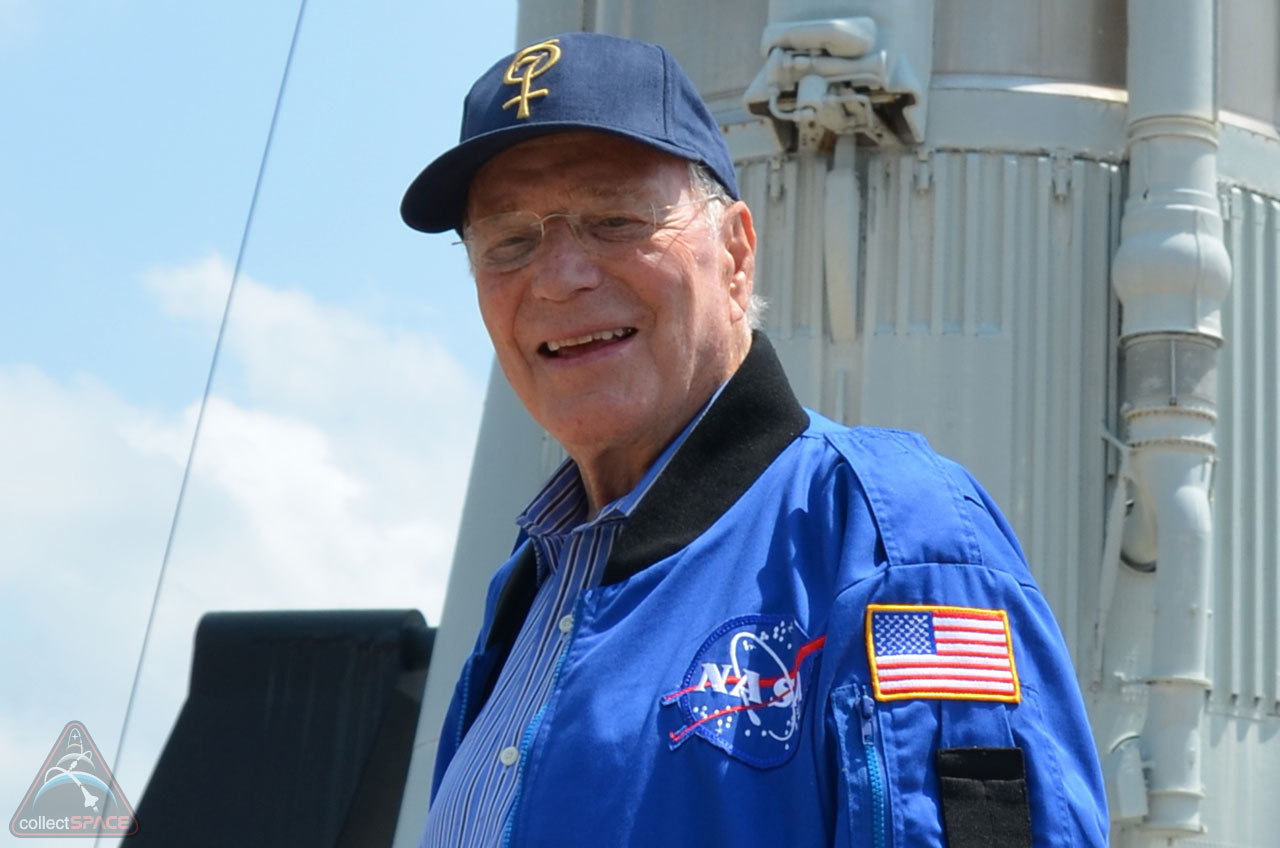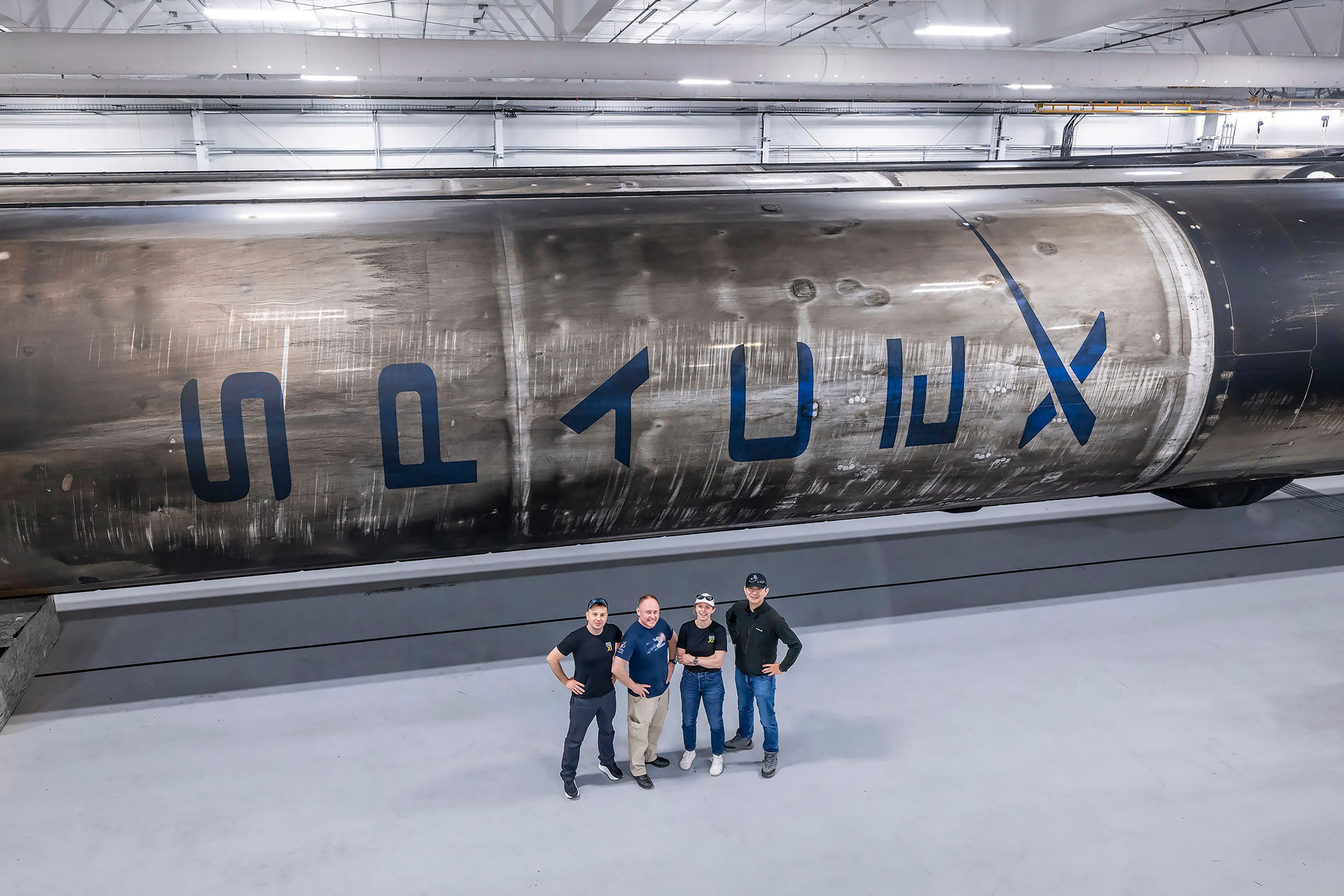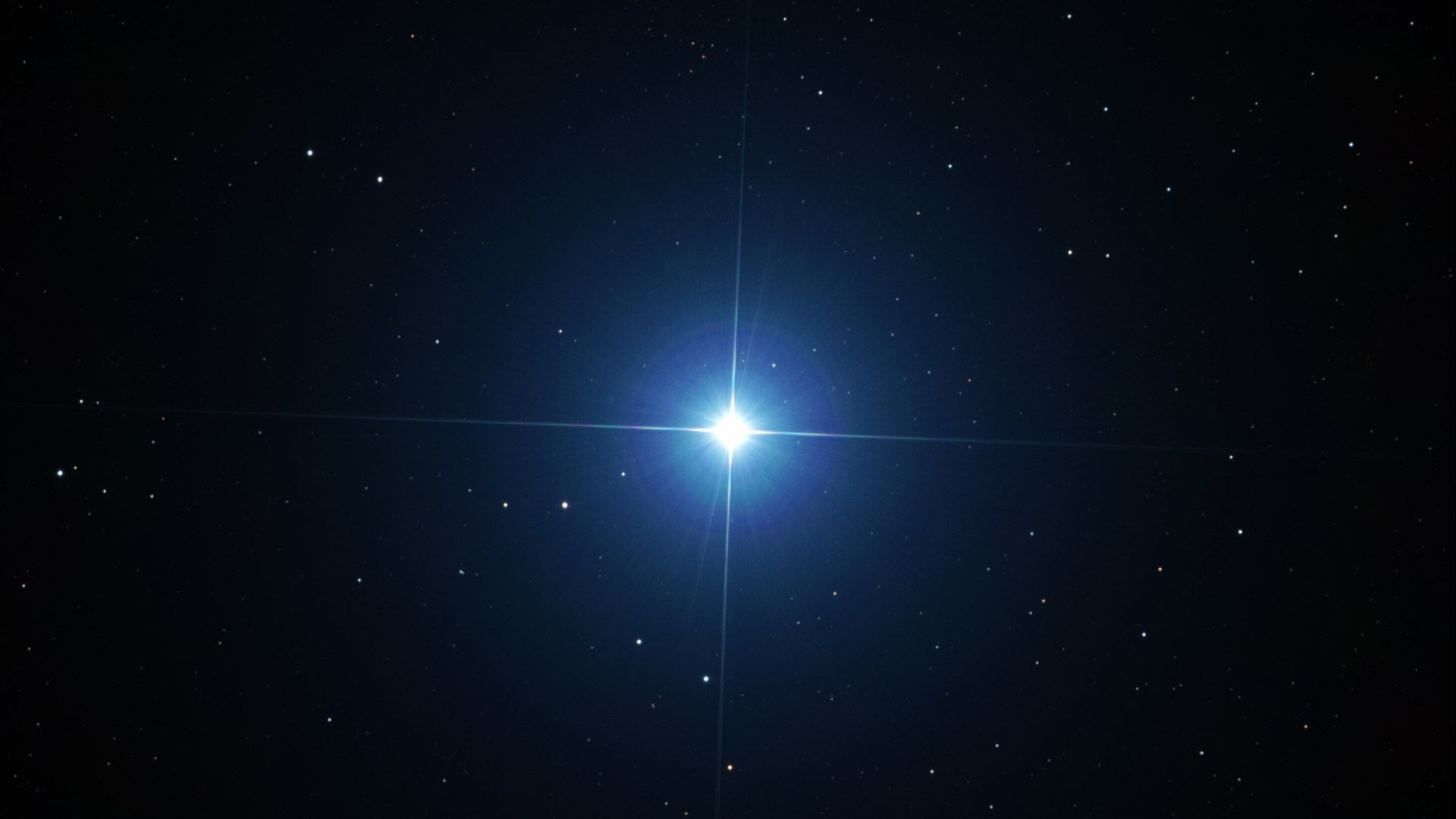Mercury Astronaut Scott Carpenter Suffers Stroke, Expected to Recover

M. Scott Carpenter, who in 1962 became the second American to orbit the Earth, suffered a stroke earlier this week but is expected to recover.
Carpenter, 88, was at his home in Vail, Colorado when he was stricken four days ago, NBC News reported Thursday evening (Sept. 26). The former NASA astronaut is said to have experienced "some paralysis and is having trouble speaking," according to family friends who spoke to NBC correspondent Jay Barbree.
Carpenter is now recovering at a hospital in Denver.
News of Carpenter's status started spreading through the space community earlier in the day on Thursday.
Selected in 1959 among the original Mercury 7 astronauts, Carpenter made his first and only spaceflight on May 24, 1962, when he became the fourth American in space, the second to orbit the Earth, and the sixth man worldwide to leave the planet. [Aurora 7: Astronaut Scott Carpenter's Orbital Flight in Pictures]
During his Mercury-Atlas 7 mission, Carpenter circled the Earth three times, conducted some of the first astronaut science experiments, and consumed the first solid space food — small square cubes composed of chocolate, figs, and dates mixed with high-protein cereals.
He splashed down aboard his "Aurora 7" capsule 4 hours and 56 minutes after his launch from Cape Canaveral, Fla.
Get the Space.com Newsletter
Breaking space news, the latest updates on rocket launches, skywatching events and more!
Carpenter never flew in space again, the result of an injury to his left arm sustained in a motorcycle accident in 1964. He did however, become an aquanaut, spending a record 30 days on the ocean floor aboard the Navy's SEALAB II, an experimental habitat located off the coast of California.
Besides his own space and sea adventures, Carpenter is popularly remembered for his radio call "Godspeed, John Glenn," which heralded his fellow Mercury astronaut's lift off to become the first American in orbit on Feb. 20, 1962. Glenn and Carpenter are the last of the original astronauts living today.
A recipient of the National Aeronautic Association's Collier Trophy, a member of the Astronaut Hall of Fame and a co-founder of the Mercury 7 Foundation (today the Astronaut Scholarship Foundation), Carpenter told of his "uncommon journey" to become a Mercury astronaut in "For Spacious Skies," his 2003 autobiography penned with his daughter Kris Stoever.
Follow collectSPACE.com on Facebook and on Twitter at @collectSPACE. Copyright 2013 collectSPACE.com. All rights reserved.
Join our Space Forums to keep talking space on the latest missions, night sky and more! And if you have a news tip, correction or comment, let us know at: community@space.com.

Robert Pearlman is a space historian, journalist and the founder and editor of collectSPACE.com, a daily news publication and community devoted to space history with a particular focus on how and where space exploration intersects with pop culture. Pearlman is also a contributing writer for Space.com and co-author of "Space Stations: The Art, Science, and Reality of Working in Space” published by Smithsonian Books in 2018.In 2009, he was inducted into the U.S. Space Camp Hall of Fame in Huntsville, Alabama. In 2021, he was honored by the American Astronautical Society with the Ordway Award for Sustained Excellence in Spaceflight History. In 2023, the National Space Club Florida Committee recognized Pearlman with the Kolcum News and Communications Award for excellence in telling the space story along the Space Coast and throughout the world.










